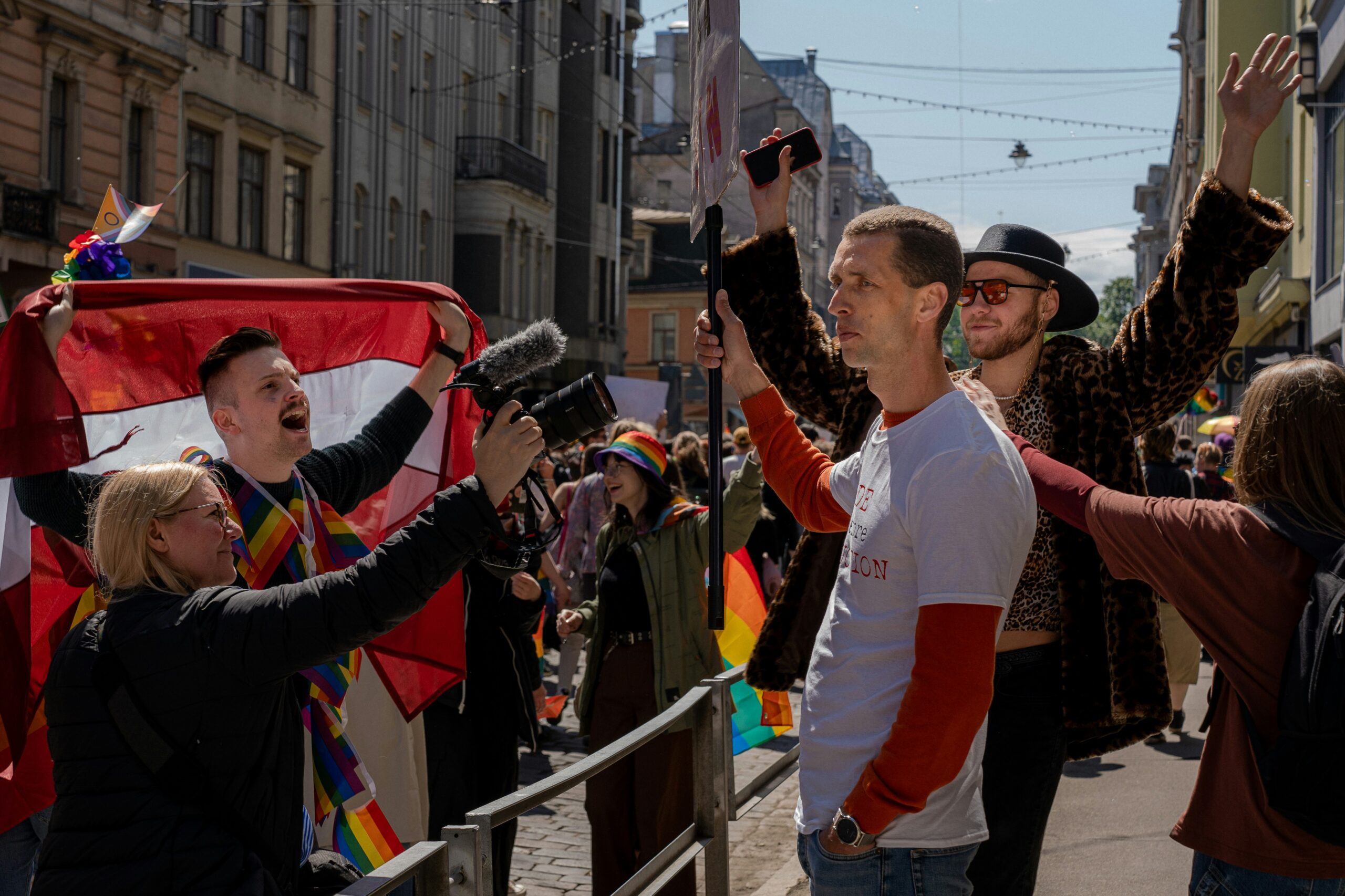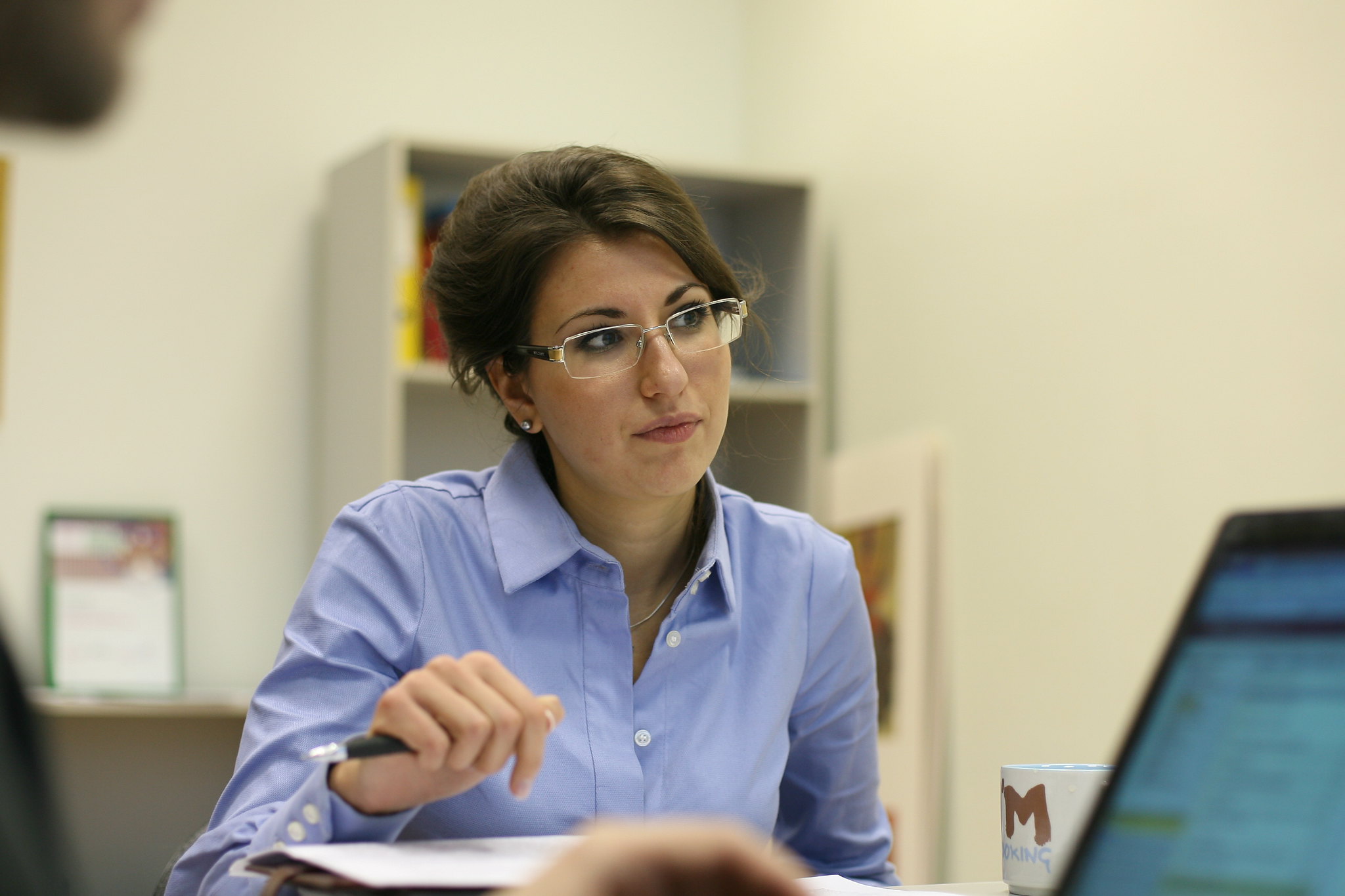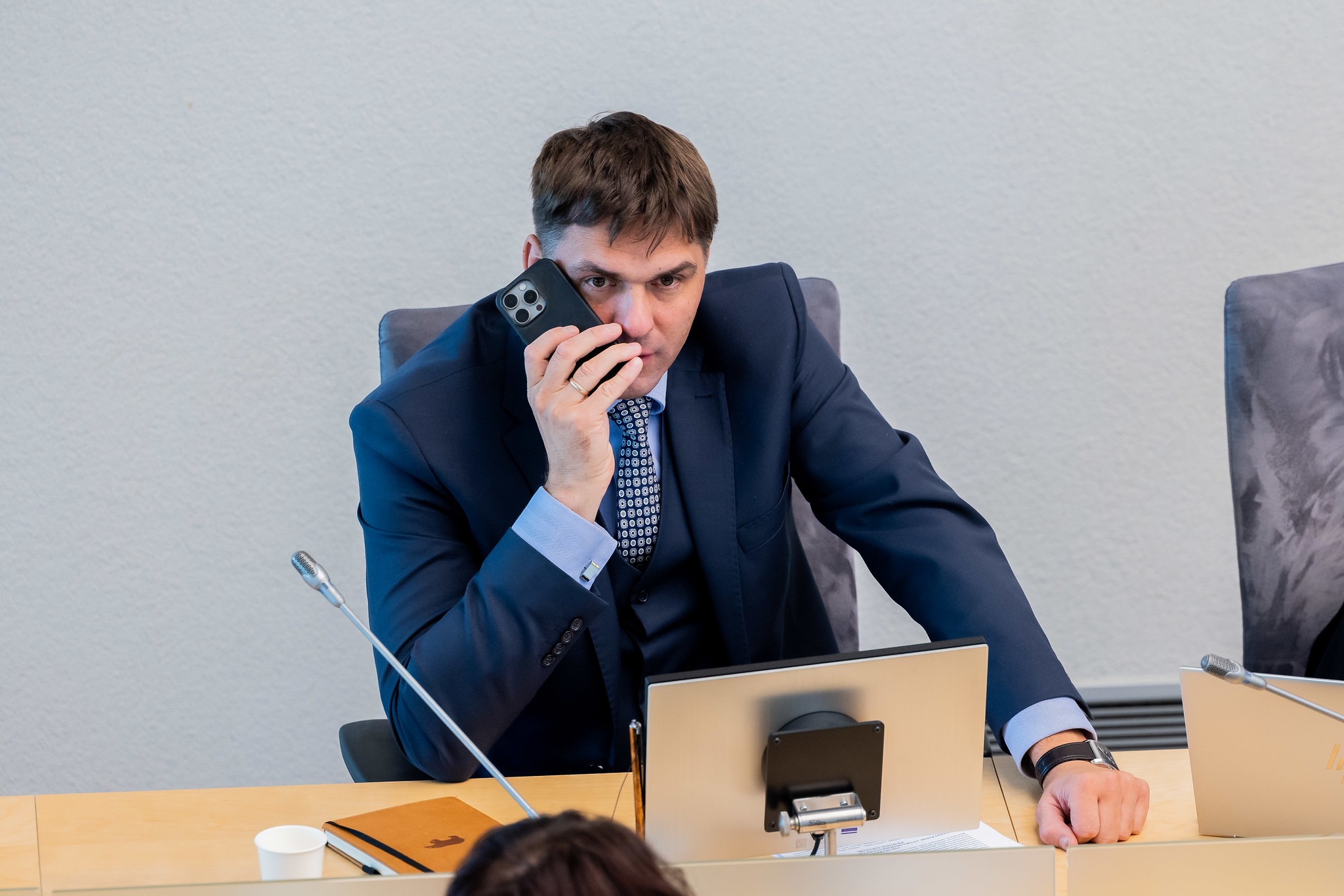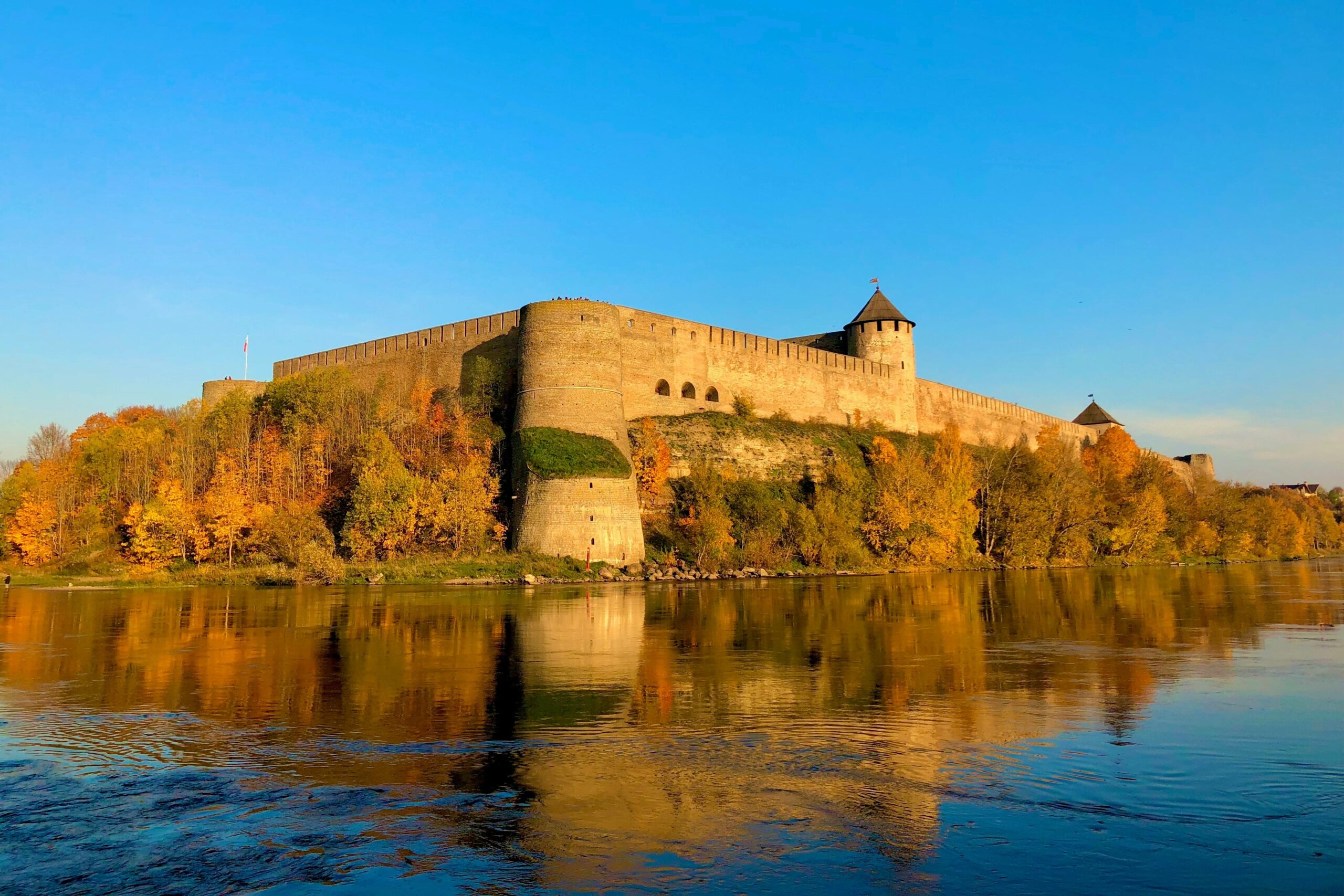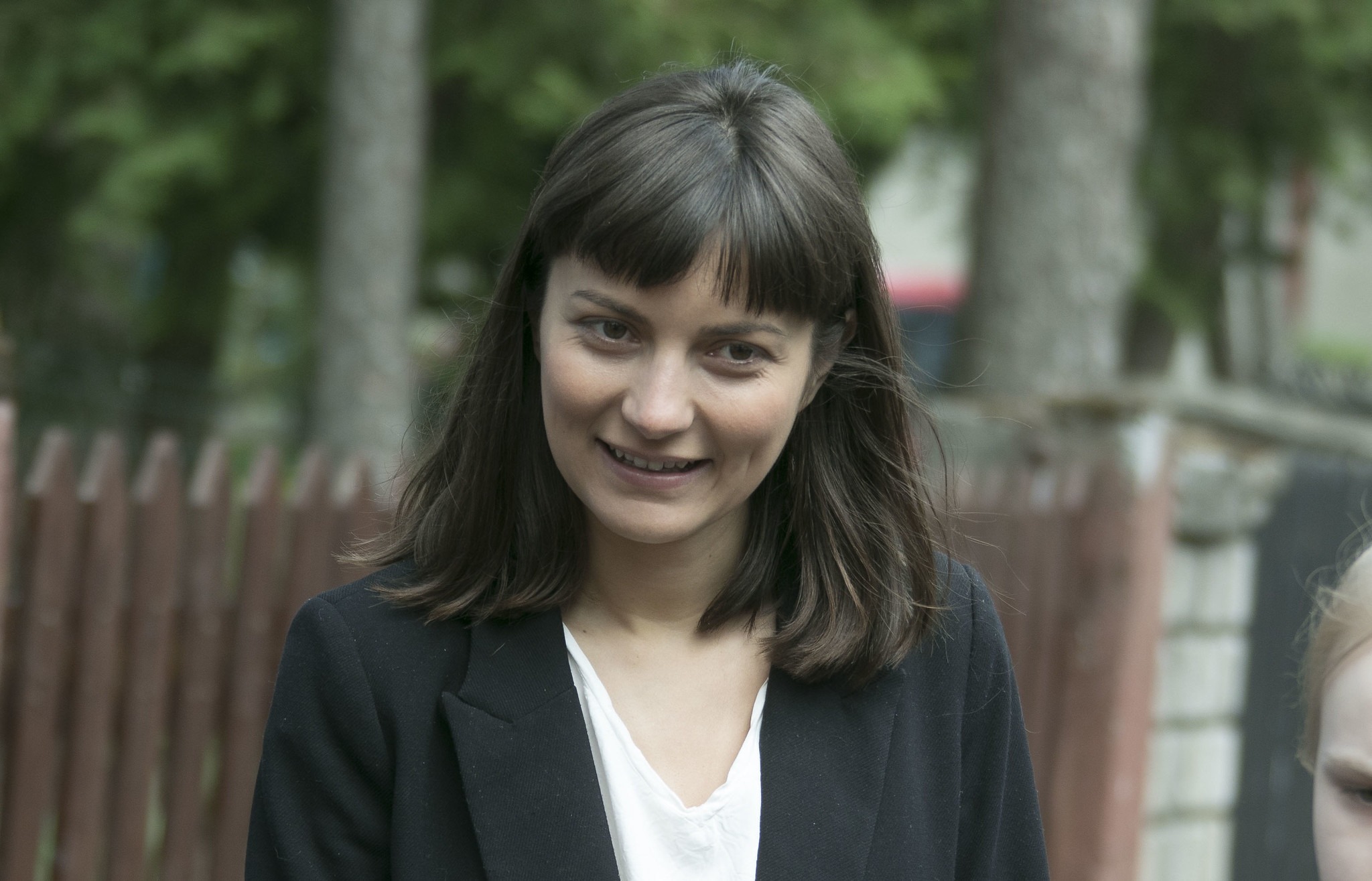
Key Insights:
During the reporting month Latvian social-media actors primarily focused on domestic issues including the potential resurgence of Covid-19 related restrictions, the introduction of lgbtq topics in the educational system and the Russian language. Additionally, a minor part of the content discussed issues relating to war in Ukraine. The main narratives for the reporting month are as follows:
- Covid-19 has a negative effect on health in long term and is used as a cover for corruption
- The educational system is forcing children to learn about lgbtq issues and will result in children being more likely to want to change their gender
- Restrictions relating to Russian language in media are discriminatory and will lead to the formation of more informal news sharing outlets
- The sentiment of Russian speakers on the restrictions is predominantly negative and will lead to more unity within the Russian speaking population in Latvia
Overview of findings:
– Among social media platforms, Tiktok is the most popular primarily due to the ability to reach a wider audience and more active engagement. Tiktok is usually used as the initial contact between the audience and the author as the algorithm makes it more likely to come across an account just by scrolling without having to manually look up an account. Moreover, the content on Tiktok can be considered the gateway as it usually will include a reference to access further channels in Telegram. In the reporting month, a total of 200 posts were examined.
– The same content (e.g. Tiktok video) tends to be further replicated on other platforms like Twitter, Facebook and Telegram. Among which the most engagement is reached in Tiktok.
– Content in video format tends to be better received by the audience and creates more engagement in both shares and comments.
– From the examined content of the reporting month, it can be concluded that authors whilst having a certain narrative in mind primarily care about reaching the largest possible engagement. Thus, the content is not created with the preconditioned intent of introducing a certain narrative but rather is triggered by a domestic controversy and further exploited through production of content on the topic with included disinformation narratives for the purposes of polarizing society and creating more support for the opposition.
– Additionally, the same content produced in Latvian or Russian tends to be perceived differently despite reaching a similarly sized audience. Derived from the overall sentiment in the comment section, the majority of Russian speakers are seemingly more susceptible to the disinformation narratives whilst the Latvian speaking audience often engages primarily to critique the content.
Story of the month:
Following the introduction of the “National Security Concept 2023” in late September, the leader of the opposition party “Stabilitātei!” Aleksandrs Rosļikovs commented on the matter in a Tiktok video stating that the new concept aims to prohibit people from speaking in Russian and that “ignoring 40% of the population” is going to backfire.
The “National Security Concept 2023” project states that, “taking into account that the role of the national language is being strengthened in Latvia in all spheres of life, from January 1, 2026, the content created by the public media should be only in Latvian and languages that belong to to the European cultural space, thereby promoting the belonging of all Latvian residents to a single informational space based on the Latvian language and other languages of the European Union, the European Economic Area and the candidate countries of the European Union”. Interestingly, in his video, Aleksandrs Rosļikovs is trying to spin the issue in a more positive light, claiming that the lack of public media in Russian will result in stronger unity among Russian speakers in Latvia as well as the growth of new informal news
outlets in Telegram, Tiktok or Facebook. The reasoning for trying to portray the story in a more positive light firstly allows him to divert attention from the support for the new security concept being viewed as the failure of his party to ensure its pre-election promises and secondly shift the blame to the coalition by creating an “us versus them” narrative which helps to unite the Russian speaking population in Latvia yet creates more polarization between the Russian and Latvian language groups.
In total the video received 2.3 thousand likes, 44.3 thousand views and 170 comments. The video was received predominantly positively by the audience with the majority of the comments expressing support for the idea that public media in Russian is not necessary and that Russian speakers will only be more united. However, whilst the author of the video critiqued the new security conception in regard to language use as a failure of the government to not address a substantial part of the population that are nevertheless true patriots of their country, the sentiments in the comment section differed. For example, a notable part of comments consisted of a more aggressive tone by stating that “Latvia will pay for this”, “What Latvia in 2024?” or “will not make it”, implying that by the time the changes stemming from the new security concept come into force Latvia may no longer be a state thus expressing their support for Russia’s aggression in Ukraine and the welcoming of replicating a Ukraine scenario in the case of Latvia.


